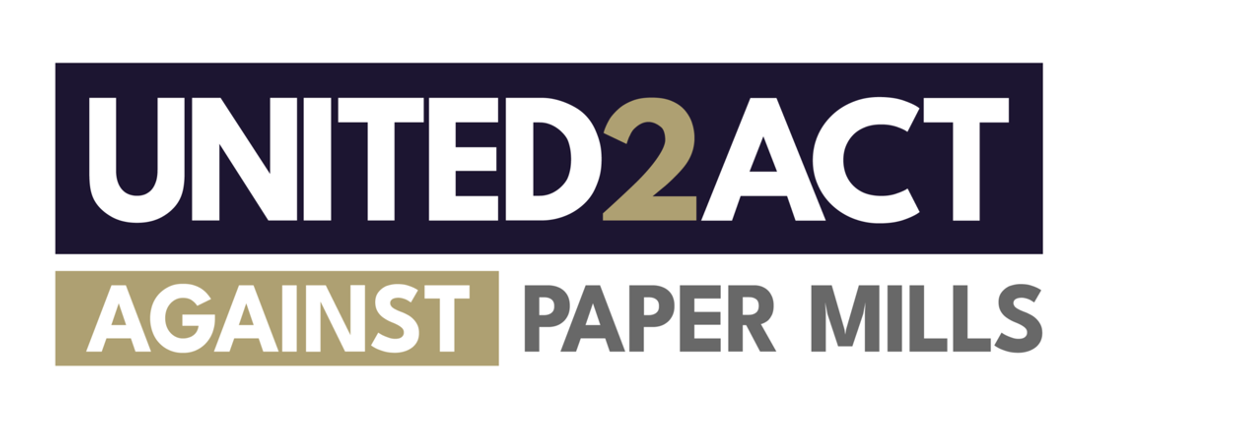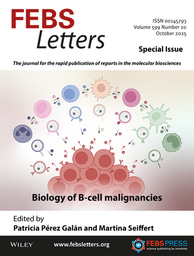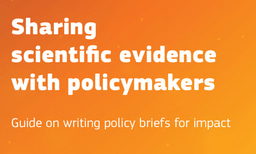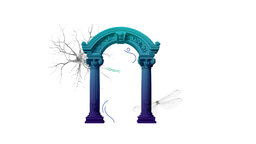

FEBS Press look back on over 50 years’ experience in journal publishing, and we are proud of our high standards of publishing ethics and our firm commitment to publishing trustworthy science.
For many years, our 4 journals have been conducting rigorous data integrity checks of all manuscripts at acceptance, prior to publication. These checks have been a fundamental part of preventing mistakes, as well as fraudulent or fabricated data from entering the published record.
In recent years and with growing concern, stakeholders across the research publishing landscape have been observing the steady rise of paper mills. Paper mills are widely understood to be organisations that aim to exploit the publication process by publishing fraudulent articles for the purposes of financial gain (1,2). Among their strategies are falsification or fabrication of data (3), co-authorship for sale, manipulation of peer review, and deliberate inclusion of inappropriate citations (4,5). Paper mills are now considered a serious threat to the integrity of the scholarly record.
United 2 Act
We are proud to announce that FEBS Press have joined United2Act, an initiative supported by the Committee on Publication Ethics (COPE) and STM, an international association of scholarly publishers. United2Act represents a recently established group of international stakeholders working collaboratively to address the cumulative challenge of paper mills in scholarly publishing.
United2Act represents a framework for the scholarly community to jointly promote transparency, integrity, and resilience in the face of the challenges at hand.
The 5 key collaborative multi-stakeholder actions to address paper mills are:
- Education and awareness,
- Improve post-publication corrections,
- Facilitate and organise research on paper mills,
- Enable the development of trust markers, and
- Facilitate dialogue between stakeholders
As a signatory of the U2Act Consensus Statement, FEBS Press will support and advance these actions by participating in two of the Working Groups, and we will continue to collaborate under the U2A banner to address the challenge of paper mills.
References:
- COPE & STM. Paper Mills — Research report from COPE & STM doi.org/10.24318/jtbG8IHL ©2022 Committee on Publication Ethics
- Byrne, J.A. and Christopher, J. (2020), Digital magic, or the dark arts of the 21stcentury—how can journals and peer reviewers detect manuscripts and publications from paper mills?. FEBS Lett, 594: 583-589. doi: 1002/1873-3468.13747
- Christopher, J. (2021), The raw truth about paper mills. FEBS Lett, 595: 1751-1757.doi: 1002/1873-3468.14143
- Else H, Van Noorden R. The fight against fake-paper factories that churn out sham science. Nature. 2021 Mar;591(7851):516-519. doi: 10.1038/d41586-021-00733-5. PMID: 33758408.
- Van Noorden R. More than 10,000 research papers were retracted in 2023 - a new record. Nature. 2023 Dec;624. doi: https://doi.org/10.1038/d41586-023-03974-8





Join the FEBS Network today
Joining the FEBS Network’s molecular life sciences community enables you to access special content on the site, present your profile, 'follow' contributors, 'comment' on and 'like' content, post your own content, and set up a tailored email digest for updates.